EEA Response: Third-Party Services
The European Edtech Alliance, which represents 2600 edtech organizations within the sector, is concerned about the potential widespread impact of the Dear Colleague Letter (DCL) issued by the US Department of Education on February 15th, 2023, updated on February 28th, “Requirements and Responsibilities for Third-Party Servicers (TPS) and Institutions”.
First and foremost, we understand the importance of safeguarding institutional control over the education being provided to students. Any party intended to create excessive debt whilst leaving students with a low-value education and limited possibilities within the job market after graduation is something students and institutions need to be protected against.
By broadening the definition of Third-Party Servicers (TPS) to all servicers that “perform functions or services necessary to provide Title IV-eligible educational programs”, however, we worry about widespread and unintended consequences. Namely, excluding vendors that have the best interest of US students at heart, who serve their universities to great satisfaction in order to improve learner outcomes. Our members indicate that they have received questions from US institutions regarding their TPS status since the term “provide” can be very broadly interpreted. As a TPS is required to be US owned and operated, a broad interpretation of the definition of TPS by institutions could exclude all European Edtech vendors operating in this space. We firmly believe it is not the intention of the USDE to prohibit European Edtech vendors' ability to support institutions depending on the Title IV programs, as:
• US Students and US institutions benefit from the value delivered by EU Edtech vendors. EU Edtech vendors (not operating in the OPM space with revenue-sharing models) have proven to increase the value of education for students, enabling institutions to improve students' skills and competency development to ensure employability and enable cost reduction etc.
• A free market drawing on diverse best practice knowledge exchange as embodied in European Edtech brings significantly more innovation potential and drives the quality of products up, benefiting future US students and institutions in the digital transformation that is taking place and preparing them for a digital and globalized world
• The operational disruption of terminating services would negatively affect students' learning and institutions' operations whilst also substantially impacting the ability for these vendors to continue providing the same access and quality to the remaining institutions and students relying on their systems.
• The potential risk of a corresponding regulation in answer from the EU reevaluating the access of US-based Edtech vendors in Europe. Considering the large market share of higher education vendors from the US within the European market,, the exclusion of such vendors will significantly harm the US-based Edtech sector with potential run-on effects limiting their use and support of US-based students. This would significantly harm the US higher education system as they depend on a healthy Edtech sector to make progress. Furthermore, the effects on college study abroad programs and their local outposts within Europe should be taken into consideration.
Therefore we kindly request that the US Department of Education:
1. Clearly limit the scope of the TPS definition to the intended Online Program Management (OPM) actors, and explicitly exclude other Edtech vendors from this definition to avoid confusion and unintended effects on the broader Edtech Market
2. Reconsiders the exclusion of EU vendors in the TPS definition, allowing for a level playing field.
We firmly believe that in order to improve the quality of Higher Education, global market access for leading tech innovations is essential.
